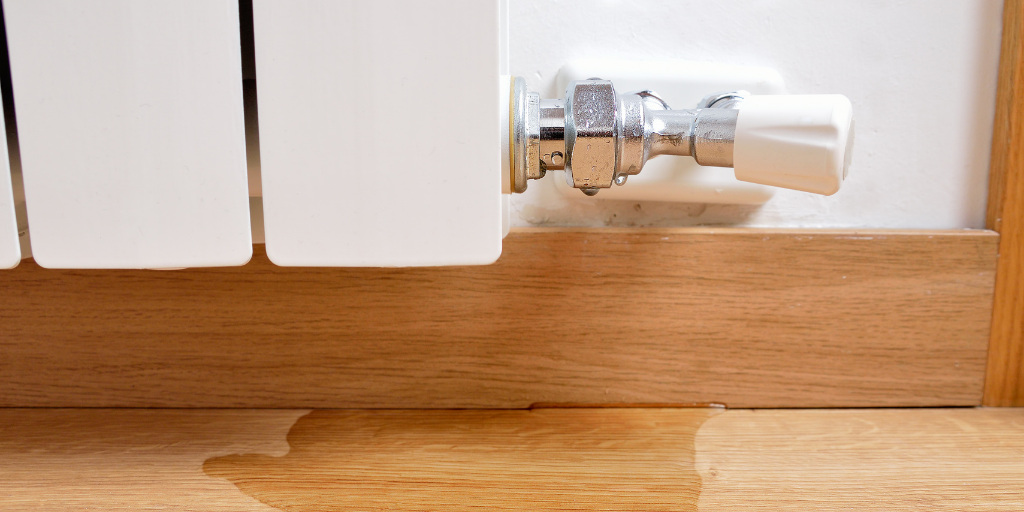- How-To Guides
Learn how to detect water leaks in your home
Please note, we can only give you basic advice on this page to do the job yourself. Make sure you use the right tools and protective equipment to avoid hurting yourself or damaging your home. Always consult a professional for more complex repairs.

Even if you can’t see any visible water, you can still detect a water leak in your home by following the steps below.
Check your water usage regularly. If there’s a sudden increase you can’t account for (e.g. watering the garden more or having visitors), it could be a sign of a leak.
If you’re filling a bath or having a shower and notice a drop in water pressure, this could also be a sign of a leak. You can check this by turning off all your fixtures an then turning one back on. If the pressure’s higher than it was, it’s most likely a leak.
Monitor when your boiler comes on – if it’s on almost constantly, you could have a water leak in your hot water pipe.
Common locations for a water leak
Boiler: check the valves that move water in and out of your boiler. You should quickly be able to see a leak. If there’s no water escaping, look for signs of a slow leak; these include marks on the floor below the valve or a hissing sound. If you have a boiler, this isn’t something you can fix yourself so you’ll need to contact a specialist.
Shower: as they’re used on a regular basis, parts of your shower can start to wear out and when they do, you’re likely to find leaks.
Toilet: unfortunately, it’s not uncommon to find your toilet leaking. It’s usually nothing to worry about and you can normally fix it yourself; changing a washer is relatively straightforward and saves you calling a plumber.
Appliances: the chances are, you’re using your dishwasher and washing machine regularly and through everyday use, your appliances can shift away from their usual positions. This means valves and pipes can be loosened and leak. Check them regularly to make sure the attachments are secure.
What to do if there is a water leak
If you think you’ve sprung a leak, the first thing to do it is. Is it limited to a particular appliance; a washing machine or the shower, for example, or is it going to get worse quickly and cause damage? If it’s a major leak, we’d always recommend calling a plumber to safely resolve the situation.
If it’s a small leak you think you can fix, you can turn off the water to the appliance/area of the house while you get the supplies you’ll need to make the repairs. If it’s a significant leak, you’ll need to turn the water off at the stopcock, which will mean you turn off water to your house and the leak won’t get any worse.
Looking to save money on insurance? From boiler and heating protection to plumbing and drainage, and appliance cover, we’ve got a plan to suit every need and budget. Get a free quote online in just minutes and see how much you could save. Or find out more about how protection against unexpected events can help you keep life running smoothly.
